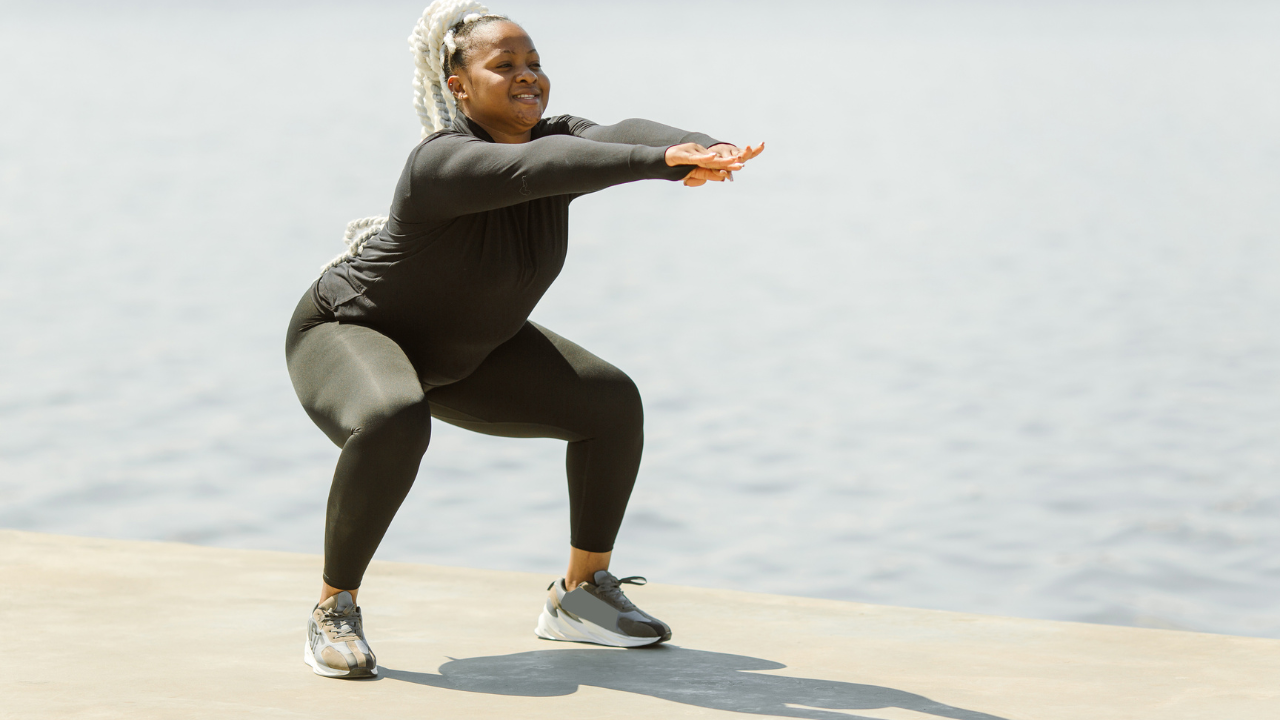Physical movement is important for everyone, especially after a breast cancer diagnosis, but just like a treatment plan, exercise should be tailored to the individual. Forge sat down with exercise physiologist and wellness coach Sara Mansfield about physical activity and the services she offers Forge clients.
Tell us about yourself! I am a clinical exercise physiologist and a wellness coach with the Supportive Care Clinic at UAB. I’ve been in the physical activity world since the Jane Fonda workout days (insert image of big hair and leg warmers) but have never considered myself “athletic” and therefore don’t fit the image of a fitness pro. That’s fine by me because I really believe that activity can be accessible to all if we open our minds to the movement possibilities and I love sharing those experiences with people. I’m also a wife, a transplant from Illinois and a lover of all things outdoors. My husband and I lived in Birmingham from 2013 to 2018, moved to Minnesota and have just recently returned. We really missed this great community so it’s good to be back.
What is clinical exercise physiology, and what sparked your interest in it? Exercise physiology is the study of how the human body responds to physical activity. In the clinical sense, it goes deeper to learn ways that response changes and benefits injury and illness. During my early years as a personal trainer I became very interested in working with people that faced chronic barriers to activity. It wasn’t just about weight loss, it was about function and quality of life. Physical activity is the prescription that is free and has unlimited refills. It isn’t a moral failing or lack of willpower to be inactive. Sometimes it is a matter of finding the right fit for each individual’s unique life. I love putting those pieces in place.
How do you think regular movement can help cancer survivors and their loved ones to thrive after a recent or past diagnosis? Movement and breath are nourishment for the body and the mind. So much of the cancer experience can sometimes feel out of body. One often sits and waits to take direction on what to do and where to go. Clinical care is evolving to include addressing the wider needs of the whole patient. Research has shown how important quality of life issues are in true recovery. Your oncology team can do wonders to address treating cancer, but who is in charge of the rest of your body and its role in healing? You are. And that can be overwhelming; especially when you aren’t feeling like yourself. The Supportive Care Clinic at UAB is growing to meet those needs through services like counseling, nutrition support or therapeutic services like PT and supervised exercise. Seeking assistance is a smart move, and now help is more abundant than ever.
What is it like for someone to work with a clinical exercise physiologist for cancer rehab? Many who have gone through a diagnosis, treatment, recovery and beyond know that there are no defining lines between these. Some days are better than others and sometimes side effects linger or even sneak up years later. Working with a qualified exercise professional that has knowledge of how to address certain issues related to cancer as well as other chronic issues like pain or fatigue can make the experience of adopting a more active lifestyle both enjoyable and safe. There is so much information out there and not all of it is meant to be followed by everyone; just like not everyone needs the same dosage of medicine. How do you know how to approach it? An Exercise Physiologist can help. In my practice, I meet with a patient initially and we discuss everything from past activity history, current health status, likes/dislikes, identified goals and motivational barriers. We come up with a plan together and then I provide ongoing support in whatever way is most workable for that patient; in person, via telephone or video. My services are no-cost which I believe shows the commitment UAB has made to patient care throughout the full cancer journey.
In what ways will you be working with Forge to bring your expertise to the breast cancer community? Any upcoming events on the calendar? Forge creates a community of support and hope which is so important and valuable. Whether you are a joiner or a viewer, there is something for everyone. I am excited to be able to partner with them to offer education and experiences that have the potential to create a positive ripple effect on life quality. Ideas are in the works and ears are open to any suggestions that come along. What questions do you have about physical activity? What experiences would open the door for you? Please let us know.
To work with Sara or to find out more about her upcoming programming, call Forge at 205-838-6159.
